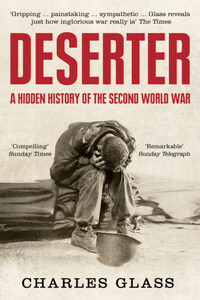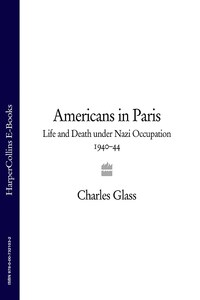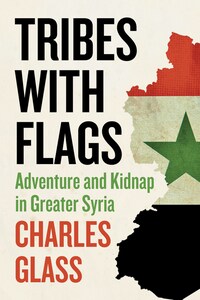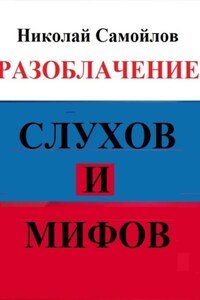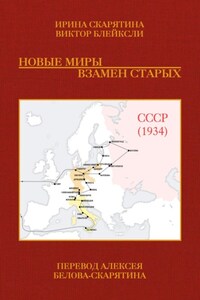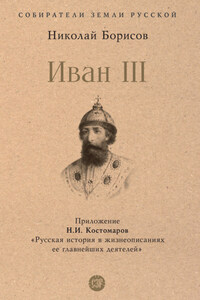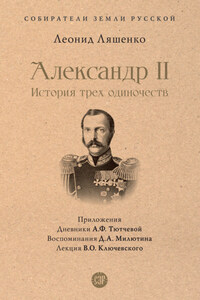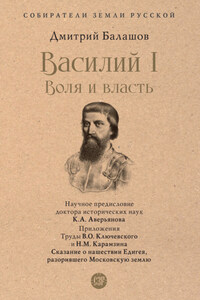Dedication
To two friends, brave American soldiers,
Private First Class Stephen J. Weiss
and the late Colonel Alfred E. Baker
During the Second World War, the United States awarded Private Weiss the Bronze Star, three US battle stars, the Second World War Victory Medal, Southern France D-Day Landing Citation, Combat Infantry Badge and Good Conduct Medal. France named him Officier of the Légion d’honneur and gave him two Croix de Guerre, the Médaille de la Résistance, the Croix du Combatant, the Vosges Department Citizen of Honour Diploma and French citizenship.
During the Vietnam War, the United States awarded Colonel Baker, as the Pennsylvania House of Representatives noted in his honour, ‘the Silver Star for gallantry in action, multiple awards of the Defense Superior Service Medal, multiple awards of the Legion of Merit, three awards of the Bronze Star, three awards of the Meritorious Service Medal, four awards of the Purple Heart medal (for wounds received in battle) and many other service and achievement medals’. At one time, he was the most highly decorated veteran of the Vietnam War era.
BY HIS OWN ADMISSION, Eddie Slovik was the unluckiest man alive. Nearly 50,000 American and 100,000 British soldiers deserted from the armed forces during the Second World War, but the twenty-five-year-old ex-convict from Detroit, Michigan, was the only one executed for it. Slovik’s desertion in northern France on 9 October 1944 was atypical in that, while 80 per cent of deserters were frontline infantrymen escaping after long periods of continuous combat, he never fought a battle. Nor did he go on the run as most other deserters did. His mistake was to make clear that he preferred prison to battle. Rather than grant his wish, a court martial condemned him, in accordance with the Articles of War that then prescribed the forms of military justice, to ‘death by musketry’.
Of the forty-nine Americans sentenced to death for desertion during the Second World War, Slovik was the only one whose appeal for commutation was rejected. The timing of his court martial, amid the November fighting in the Hürtgen Forest that caused 6,184 casualties among the 15,000 troops in Slovik’s 28th Infantry Division, militated against clemency. So too did the coincidence in January 1945 of his appeal against the death sentence and the German counter-offensive known as the Battle of the Bulge, when the US Army in northern Europe was fighting for its own survival. It was not the moment for the Supreme Allied Commander, General Dwight Eisenhower, to be seen to condone desertion.
Correspondence among senior commanders documents their belief that Slovik’s death was necessary to prevent others from following his example. They nonetheless decreed that his execution in the remote French village of Sainte-Marie-aux-Mines be conducted in secrecy. (Slovik, the condemned ‘coward’, died without pleading for his life or showing anything other than courage before the firing squad.) Even if soldiers at the front had known that the young private was shot for desertion on the morning of 31 January 1945, the Battle of the Bulge had by then ended in an Allied victory. The urgency for lethal deterrence had disappeared, as the Allied armies resumed the offensive that would topple the Third Reich four months later. Concealing the truth about Slovik’s execution extended to informing his wife Antoinette only that he had died in the European Theater of Operations.
Journalist and novelist William Bradford Huie uncovered the cause of Slovik’s death in 1948, but the issue remained so sensitive that he concealed the condemned man’s identity in Liberty magazine as ‘a twenty-five year old American white man – call him Lewis Simpson – a replacement in the 28th Division’. Huie’s article raised fundamental questions about why only one deserter among thousands was put to death. It also cast doubt on the willingness of Americans to fight. Huie, who served in the United States Navy during the war, noted that psychiatrists had permitted 1,750,000 men, one out of every eight they examined, to avoid military service for ‘reasons other than physical’. Despite the rigorous screening, soldiers suffered nervous breakdowns, mental trauma and ‘battle fatigue’ (also called ‘battle exhaustion’) that rendered them unfit for combat. Huie observed, ‘During the Second World War approximately 38,000 officers and men – about 10 per cent were officers – were tried by army general courts-martial for seeking to evade hazardous duty by some dishonorable means.’ Their sentences, apart from Slovik’s, were less onerous than the hardships suffered by their comrades who fought on. Huie considered this an outrage: ‘If a sound-bodied, sound-minded American soldier who deserts his comrades on the eve of battle deserves only comfortable detention, subsequent pardon, and a college education under the G.I. Bill of Rights, then why should any man ever again risk death in combat for this country?’
